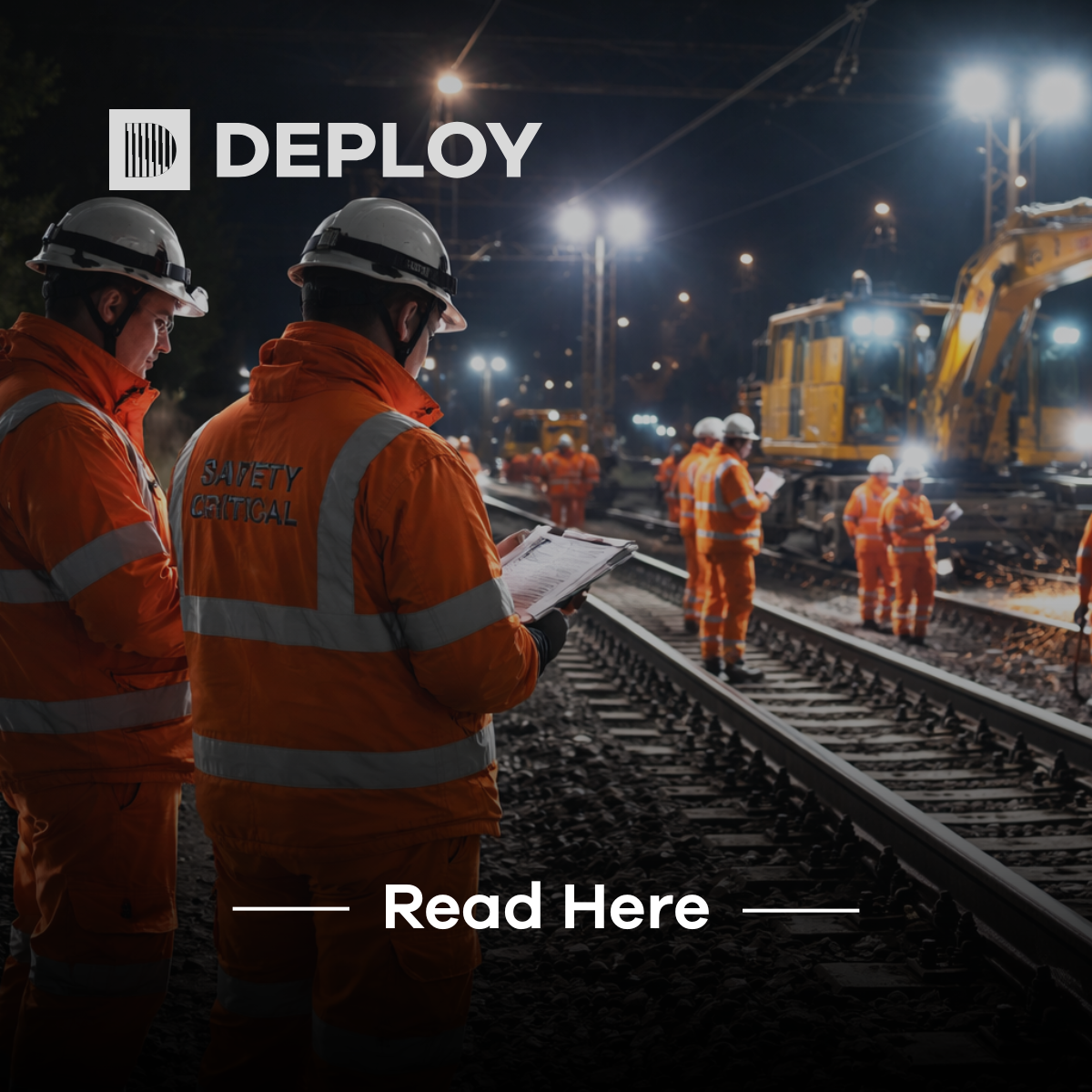Mastering Infrastructure CVs
How to Highlight Project Delivery, Safety, and Technical Depth
When it comes to applying for roles in infrastructure and engineering, your CV isn’t just a list of jobs; it’s your professional story. It’s the first impression a recruiter or hiring manager gets, and in such a competitive industry, standing out is essential.
But here’s the challenge: how do you go beyond a simple description of your responsibilities and instead demonstrate your real impact? More importantly, how do you showcase the three pillars every employer in this sector is looking for: project delivery, safety, and technical depth?
Let’s break this down together.
Why Project Delivery, Safety, and Technical Depth Matter
Think of a major rail upgrade, a new wind farm, or a high-rise project. These projects succeed only when they are delivered on time, within budget, safely, and with technical excellence. That’s exactly what employers want to see reflected in your CV.
So, ask yourself:
- How have I contributed to delivering projects efficiently?
- Where have I championed safety and compliance?
- What technical expertise do I bring that makes me unique?
Framing your experience this way moves you from saying you’re capable to proving you’ve delivered.
Constructing an Effective Infrastructure CV
The key is to present your CV in a way that balances clarity with depth. A hiring manager should be able to scan your document quickly and see evidence of results.
Here’s a simple structure you can use:
- Professional Summary – A short introduction showcasing your experience, career highlights, and career goals.
- Core Competencies – Bullet points of your strongest skills (project delivery, safety management, technical systems, leadership).
- Key Experience – A role-by-role breakdown with measurable achievements.
- Certifications & Training – NEBOSH, CSCS, PRINCE2, or industry-specific qualifications.
- Education – Academic background.
Three Example CV Formats for Infrastructure Professionals
1. The Project Delivery CV
Focus: Highlighting large-scale projects managed or delivered.
Example:
“Led the delivery of a £150m rail electrification project, completed three weeks ahead of schedule and 5% under budget.”
2. The Safety-First CV
Focus: Demonstrating leadership in compliance, HSE, and workforce wellbeing.
Example:
“Implemented new safety protocols on an infrastructure site of 400+ workers, reducing incidents by 35% over 12 months.”
3. The Technical Expertise CV
Focus: Technical systems, engineering detail, and specialist knowledge.
Example:
“Designed and oversaw the installation of HVAC systems for a 500,000 sq. ft commercial site, improving energy efficiency by 22%.”
Notice how each one measures impact. Numbers, percentages, and project values are crucial because they bring credibility and help recruiters see the scale of your achievements.
Why an Effective CV is Your First Step
Your CV is your passport into the world of infrastructure careers. It doesn’t get you the job on its own, but it does open the door to interviews, conversations, and opportunities. A strong CV shows that you’re not just experienced but that you’ve delivered results in real-world projects, and that’s exactly what employers need reassurance of before trusting you with their next big build.
Five Top Tips to Make Your CV Stand Out
- Quantify Everything – “Managed a team of 20 engineers” is stronger than “Managed a team.”
- Tailor for Each Role – Use the job description to mirror the language recruiters are looking for.
- Highlight Certifications – Infrastructure roles value compliance; showcase your licences and training up front.
- Keep It Concise – Two pages is the sweet spot; make sure every word earns its place.
- Use Power Words – Delivered, implemented, engineered, reduced, and improved these action verbs show impact.
The Top Skills Infrastructure Employers Are Looking For in 2025
The industry is evolving fast, and so are employer expectations. Here’s what’s in demand:
- Digital and Technical Fluency – BIM, SCADA systems, data-driven decision-making.
- Leadership and Collaboration – Cross-disciplinary teamwork is now standard.
- Safety and Compliance Expertise – From NEBOSH training to sustainability regulations.
- Adaptability – With projects tied to shifting government policy, flexible talent is vital.
- Sustainability Knowledge – Green infrastructure, retrofitting, and net-zero project experience.
These are the skills that will set you apart in the eyes of recruiters and project directors.
How Deploy Can Help You Navigate Your Career
At Deploy, we know the infrastructure sector inside out. We connect talented professionals with opportunities where they can thrive, grow, and make a difference. Whether you’re an engineer, a safety manager, or a project leader, we’ll help you showcase your skills in the right way and connect you with employers who value what you bring to the table.
Ready to take the next step?
Connect with Deploy today, and let’s shape your future in infrastructure together.






